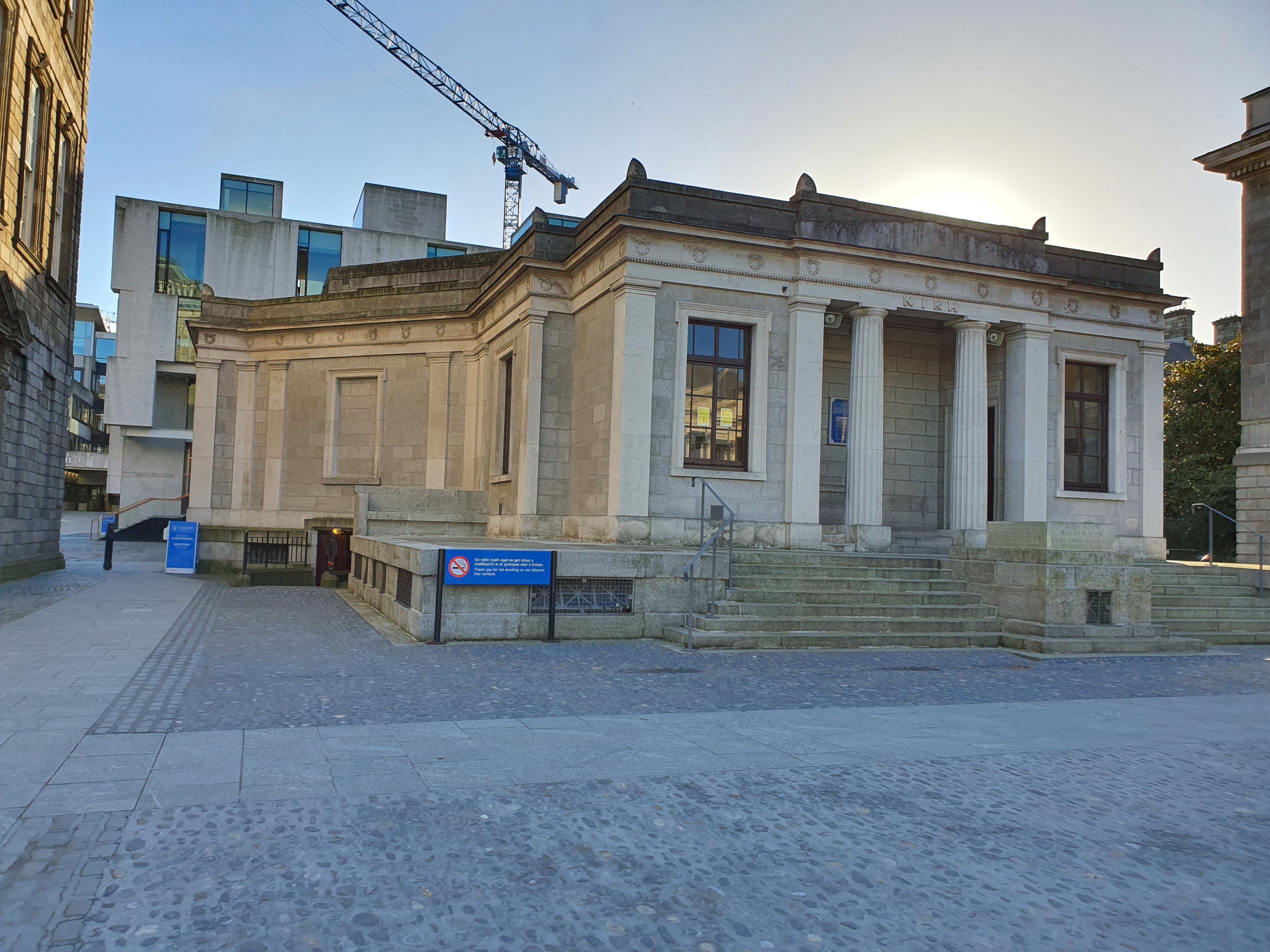The Graduate Students’ Union (GSU) deemed to have passed three motions this evening that have introduced a series of changes to the union’s constitution despite members raising serious concerns over the structure of the meeting and its voting process.
The Executive General Meeting (EGM) saw an unprecedented turnout, with around 540 members in attendance on a Zoom call.
The meeting, which was scheduled for 7pm, initially had a maximum capacity of 300 attendees, with other members of the union unable to access the video call.
PhD student Tenaya Jorgensen raised concerns over members being unable to join the Zoom, saying that “not letting the GSU members vote is unconstitutional”.
GSU Vice President Abhisweta Bhattacharjee said that the meeting would have to proceed with the members who were in attendance because the Zoom room had met its maximum capacity. GSU President Gisèle Scanlon suggested pausing the meeting and sending a fresh link that would allow a higher number of attendees. The meeting was suspended and resumed around 7.25pm.
The constitutional amendments were voted on through three motions.
During discussions on the motions, where one speaker was allowed to speak on each side, the Zoom chat was disabled.
Some members showed handwritten notes on their screens asking for the chat function to be enabled, and Research Officer Serena Foo, who spoke against the motions, asked for the chat to be turned on, particularly as some members had contacted her to say they could not vote through the links to the voting platform.
These requests were denied by Bhattacharjee, who was chairing the meeting. As the call progressed, members continued to show notes saying they could not vote and asking for the chat to be turned on. Bhattacharjee repeatedly told members to cease holding handwritten notes, saying it was a “distraction”, and said she would remove members from the call if they continued.
Other concerns were raised over people being able to vote multiple times in the poll and a lack of verification process to check that voters were GSU members.
The first motion described the constitution as a “bloated document” and “in no way user friendly nor practical during times of Covid”.
The motion, proposed by the union’s Oversight Officer and constitutional review group member David Donohoe, said that there was “no clear formatting within the document”, and due to amendments, it had become “entirely unworkable”.
The motion set out that the constitution of the GSU is “not only unclear but in various sections, it is contradictory which means that transparency within the union is impossible and what we as members can expect from our Executive is inaccessible and unclear”.
Significant changes include Article 15, which would allow union representatives to be removed from office “by way of a motion brought by at least 51% of the total number of individuals who initially appointed them”.
Changes to the constitution will also include defined roles and responsibilities for each executive member, which were not all outlined in the previous document.
Donohoe said that the previous constitution was “quite a mess” and executive oversight officers “didn’t really know what they had to do” and general members “could not hold members of the executive to account because it wasn’t very clear”.
Speaking in opposition, Foo said that both the old and new constitution should be presented side by side, “so we know what’s being removed”.
She continued that there was a “lack of transparency” with the revisions, and “most unions have a referendum for the proposed changes”, and “this would give people enough time to take into consideration what these would mean”.
The new draft of the constitution saw the procedural and “overly technical parts” removed and placed into By-Laws which “shall be enacted ancillary to this Constitution in order for the Constitution to remain short, concise, and to enable accessibility”.
Donohue denied any claims that the amendments to Article 15 were “unconstitutional”, with Foo countering that it bordered on “tyranny”, as it made it more difficult to remove officers.
The amendments were voted on through three motions.
Out of approximately 540 attendees at this evening’s EGM, 344 cast a vote on the first motion. This revision of the constitution was deemed passed with 73% for and 27% against.
The second motion passed with 67% to 33%.
The third motion passed with 51% to 49%, with only four votes between the two sides as members continued to say that they were unable to vote.
Usually, amendments to the constitution require a two-thirds majority.
The union’s constitution says: “Motions for amendment to the Articles of this constitution may be added to, deleted or amended only by resolution at General Meeting, provided that no such resolution shall be deemed to have been passed unless it is supported by not less than two-thrids of the members of the Union present and voting”.
However, the use of a simple majority to say the motion was deemed passed was defended by Donohue on the grounds that the motions were implementing an entirely new constitution.
More to follow with updates on meeting.






